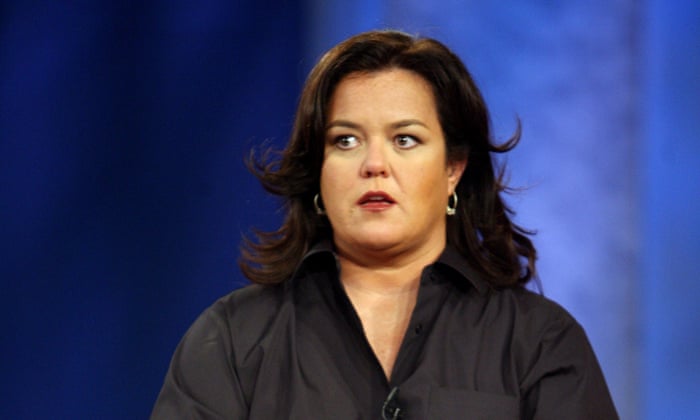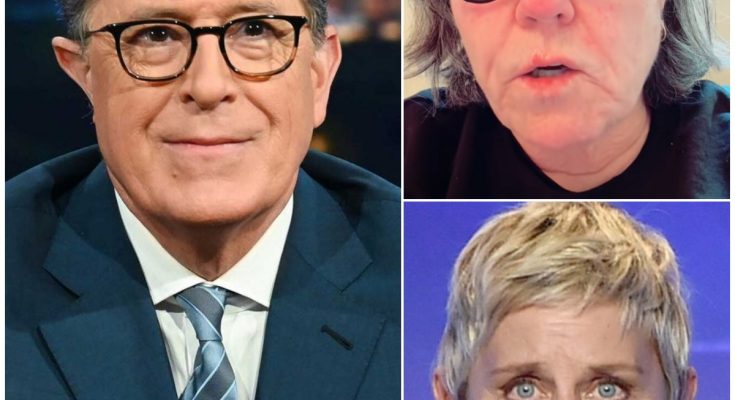In the tumultuous world of late-night television, Stephen Colbert was more than a host; he was a national institution. For nearly a decade on CBS, he served as a satirist-in-chief, a nightly voice of reason and ridicule who held a mirror up to the absurdities of American politics with a wit that was as sharp as it was essential. His stage was not just a place for celebrity interviews, but a vital forum for cultural commentary. Then, in a move that sent shockwaves through the media landscape, the stage was taken away.
The announcement from CBS was delivered with the cold, sterile language of a corporate press release: “The Late Show with Stephen Colbert” would end its historic run in May 2026. The network stated it was a “purely a financial decision against a challenging backdrop in late night.” But for millions of viewers, colleagues, and cultural critics, that explanation landed with a thud. The timing was too suspect, the stakes too high. This didn’t feel like a business decision; it felt like a silencing.

The context is crucial. Just three days before the cancellation was announced, Colbert had used his monologue to fiercely criticize a $16 million settlement paid by Paramount, CBS’s parent company, to Donald Trump regarding a “60 Minutes” story. With a multi-billion dollar sale of Paramount pending approval from a federally controlled commission, Colbert didn’t mince words, calling the settlement a “big fat bribe.” For a host who had built his brand on speaking truth to power, this was his most direct challenge to his own corporate bosses. Three days later, his show was given its expiration date.
The move transformed a beloved television program into a flashpoint in the ongoing debate over corporate influence and free speech. The official narrative of financial pressure was immediately met with a tidal wave of skepticism. How could the number-one rated show in late-night, a program that had become a cultural touchstone, suddenly be a financial liability? To many, the firing looked less like a budget cut and more like a politically motivated capitulation.

The reaction was instantaneous and overwhelming. A digital army of supporters mobilized online, with hashtags celebrating Colbert’s legacy trending for days. Fans shared clips of his most iconic moments—his scathing takedowns of political figures, his heartfelt and human monologues in the wake of national tragedies, and his masterful deconstructions of media hypocrisy. The message was clear: this wasn’t just the loss of a television show; it was the loss of a vital, clarifying voice in a chaotic world.
The support from his peers was a powerful testament to his standing in the industry. Late-night is a competitive space, but its hosts were united in their condemnation of the decision. Jimmy Kimmel and Seth Meyers, his chief rivals, offered immediate and unequivocal support. John Oliver called the news “terrible for the world of comedy.” Celebrities from across the spectrum, including Ben Stiller, Jamie Lee Curtis, and author Stephen King, expressed their shock and disappointment. The firing had inadvertently revealed the depth of respect Colbert commanded.

Inside CBS, the decision reportedly sparked chaos. The network found itself in a public relations nightmare, scrambling to control a narrative that had spiraled far beyond their carefully worded statements. They had hoped to frame the end of an era as a simple business calculation, but the public saw it for what it was: the silencing of one of Donald Trump’s most effective and relentless critics. The humiliation was not Colbert’s; it was the network’s. They had fundamentally misjudged the cultural weight of their own host and the fierce loyalty he inspired.



